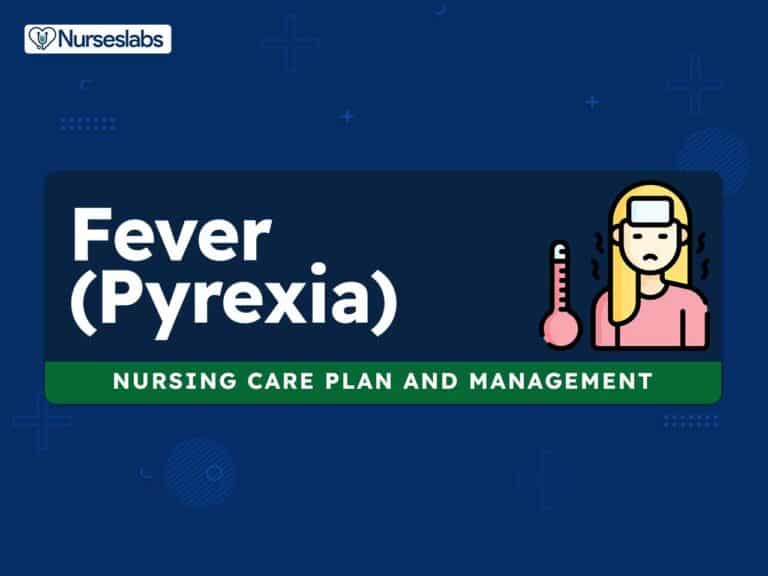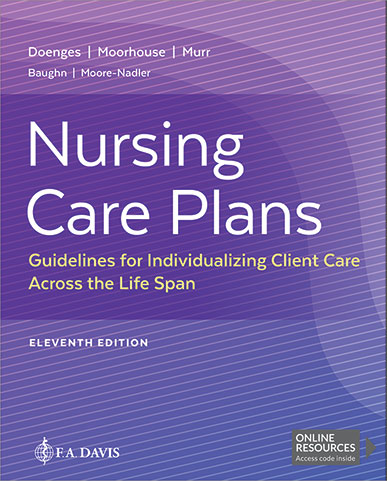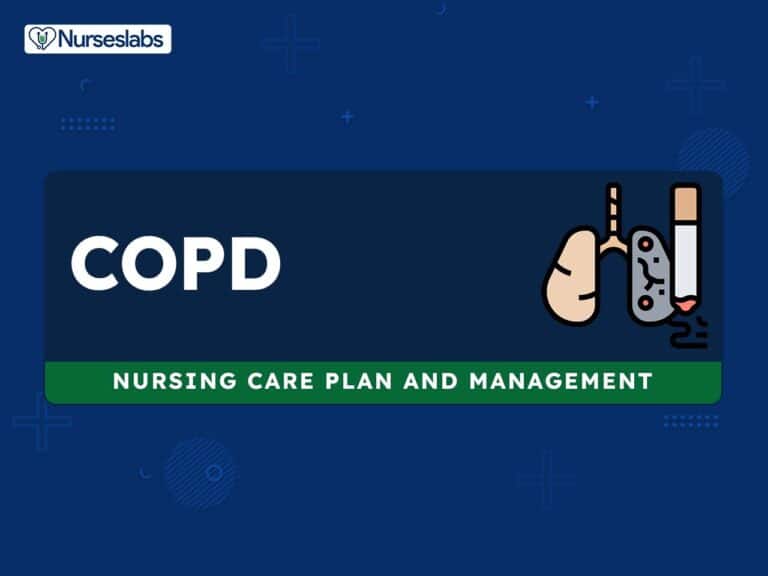Specialized Care Planning for Complex Medical Conditions
Managing complex medical conditions requires specialized knowledge and carefully coordinated care plans. Our resources cover a wide range of conditions including respiratory disorders, infectious diseases, orthopedic injuries, and chronic illnesses that demand comprehensive clinical management strategies.
For conditions like COPD, healthcare teams need detailed protocols for medication management, oxygen therapy, patient education, and lifestyle modifications. Similarly, managing infectious diseases such as Mpox requires specific isolation procedures, symptom monitoring, and patient education components that our care plans thoroughly address.
Each specialized care plan includes detailed nursing diagnoses, measurable patient outcomes, specific interventions with rationales, and evaluation criteria. This systematic approach ensures that all aspects of patient care are addressed while maintaining clinical standards and regulatory compliance requirements.




